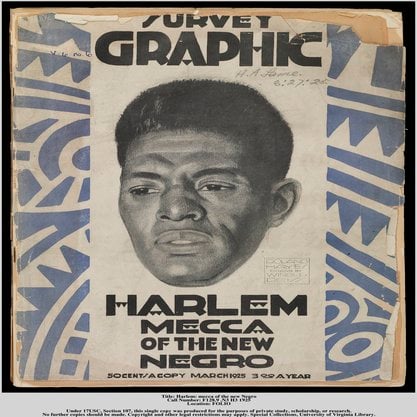Article
Art Students League of New York By Robbins, Christa Noel
Article
The Art Students League (ASL) is a Manhattan art school, founded in 1875 “by artists and for artists.” ASL was founded when the National Academy of Design (NAD) announced that it would temporarily suspend its studio classes. A group of ASL students used this opportunity to break out of the orbit of the conservative academy, and with the help of former NAD instructor Lemuel Wilmarth (who became the school’s first instructor and president), they announced the founding of a new school.
ASL’s primary mission is to promote and enable the creative objectives of the artists in attendance; as such the format of the school is an atelier system—a collection of semi-autonomous studios, the focus of which is determined by a professional artist who runs the studio and leads the instruction. Many of America’s best-known modern artists from the 19th and 20th centuries had a role to play in the League, including Romare Bearden, George Bellows, Thomas Hart Benton, William Merritt Chase, Thomas Eakins, Helen Frankenthaler, Hans Hofmann, Donald Judd, Lee Krasner, Jackson Pollock, Robert Rauschenberg and Mark Rothko. The ASL continues to rank among the best art schools in the United States and promote openness in terms of student admissions and artistic experimentation.

